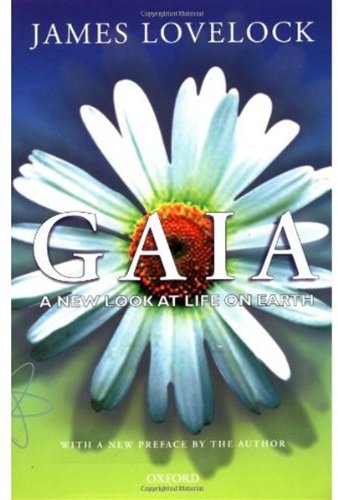When Science is Debated in the Courtroom
When Rachel Carson made us aware of the dangers arising from the mass application of toxic chemicals, she presented her arguments in the manner of an advocate, not a scientist. In other words, she selected the evidence to prove her case. The chemical industry, seeing its livelihood threatened by her action, responded with an equally selective set of arguments, chosen in defense. This may have been a fine way of achieving justice, and perhaps in this instance it was scientifically excusable; but it seems to have established a pattern. Since then a great deal of scientific argument and evidence concerning the environment is presented as if in a courtroom or at a public enquiry. I cannot say too often that, although this may be good for the democratic process, it is bad for science. Truth is said to be the first casualty of war. Being used selectively in evidence to prove a case in law also weakens it.
Notes:
Rachel Carson and the Chemical Industry presented their selective version of the facts in the debate over the environment, which is not a scientific process and hurts the ultimate understanding of the truth when one side wins.
Folksonomies: politics science debate truth environment
Taxonomies:
/law, govt and politics (0.519292)
/society/unrest and war (0.500457)
/law, govt and politics/politics/elections (0.363078)
Keywords:
Courtroom Rachel Carson (0.910647 (negative:-0.405196)), chemical industry (0.818154 (negative:-0.405196)), equally selective set (0.816668 (positive:0.444797)), selective version (0.661848 (negative:-0.405196)), ultimate understanding (0.631649 (negative:-0.606579)), toxic chemicals (0.620920 (negative:-0.550477)), mass application (0.615324 (negative:-0.550477)), scientific process (0.611396 (negative:-0.606579)), public enquiry (0.603208 (positive:0.636677)), fine way (0.601608 (positive:0.427189)), great deal (0.599535 (positive:0.636677)), scientific argument (0.597055 (positive:0.636677)), democratic process (0.594768 (neutral:0.000000)), evidence (0.541130 (positive:0.198666)), arguments (0.507920 (positive:0.444797)), truth (0.493523 (negative:-0.592411)), science (0.476127 (negative:-0.475045)), environment (0.475608 (positive:0.231482)), case (0.473308 (negative:-0.438011)), livelihood (0.459407 (neutral:0.000000)), instance (0.451760 (negative:-0.392890)), wins (0.451283 (negative:-0.606579)), dangers (0.448449 (negative:-0.550477)), manner (0.446139 (neutral:0.000000)), advocate (0.445069 (neutral:0.000000)), debate (0.445003 (negative:-0.405196)), scientist (0.443609 (negative:-0.303215)), facts (0.441222 (negative:-0.405196)), casualty (0.440182 (negative:-0.578242)), words (0.438359 (neutral:0.000000))
Entities:
Rachel Carson:Person (0.901628 (negative:-0.477836)), Chemical Industry:FieldTerminology (0.578657 (negative:-0.405196)), toxic chemicals:FieldTerminology (0.358707 (negative:-0.550477)), scientist:JobTitle (0.324728 (negative:-0.303215))
Concepts:
Scientific method (0.956434): dbpedia | freebase
Logic (0.879847): dbpedia | freebase | opencyc
Science (0.877047): dbpedia | freebase | opencyc
Nature (0.822299): dbpedia | freebase | opencyc
Chemical industry (0.750374): dbpedia | freebase
Critical thinking (0.715352): dbpedia | freebase | opencyc | yago
Mathematics (0.712739): dbpedia | freebase | opencyc
Theory (0.706685): dbpedia | freebase





